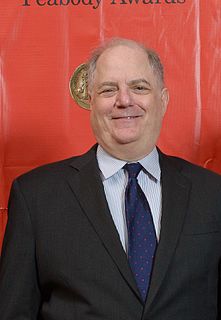A Quote by Noam Chomsky
Democracy was regarded as entering into a crisis in the 1960s. The crisis was that large segments of the population were becoming organized and active and trying to participate in the political arena.
Related Quotes
In the 1960s, various parts of the population became energized and began to enter the public arena to call for the rights of women, students, young people, old people, farmers and workers. What are called "special interests" - meaning the whole population - they began to press to enter the public arena. And they said that puts too much pressure on the state and therefore we have to have more moderation in democracy and they should go back and be quiet and obedient.
In Cuba, what we do not accept is the comparison of our participatory democracy with bourgeois democracy which has not solved anything for humanity. The only thing it has done is to take humanity towards a precarious point. They have created the environmental crisis, the food crisis, the water crisis and the pandemics all over the world. The reason for that is because they have taken the majority of the resources and given it to militarism paid for by the western powers because it is a great business for them; this is the real truth.


































